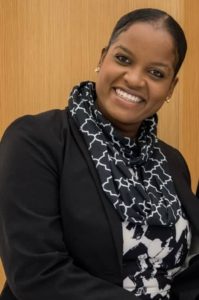Despite my setbacks, one thing remained constant, that my life’s goal was to make a difference in the health disparities I witnessed on an almost daily basis
 Albertina Ngomah Moraes works with the Zambia National Public Health Institute as a Knowledge Translation Officer. This role is a relatively new field that is often misunderstood and mistaken for other fields such as health promotion. Albertina’s role entails the articulation and profiling of research evidence and supporting the development of compelling policy materials, appropriate for a variety of audiences, with emphasis on how to translate this knowledge to practice for policy makers and practitioners.
Albertina Ngomah Moraes works with the Zambia National Public Health Institute as a Knowledge Translation Officer. This role is a relatively new field that is often misunderstood and mistaken for other fields such as health promotion. Albertina’s role entails the articulation and profiling of research evidence and supporting the development of compelling policy materials, appropriate for a variety of audiences, with emphasis on how to translate this knowledge to practice for policy makers and practitioners.
What led you to pursue a career in health?
Growing up I always wanted to be a doctor; as a little girl that was the only career I knew that meant I would be contributing to making a difference in the world with regards to health. Not being able to get into medical school, I had the option to either keep trying to get in as some of my friends did, or re-think my options. Despite my setbacks, one thing remained constant, that my life’s goal was to make a difference in the health disparities I witnessed on an almost daily basis. As I reconsidered my options, I began to become aware of all the different facets of the health care system that work together to ultimately ensure a healthy population – the doctors, the policy makers, the administrators, the public health specialists, the information systems – as well as to appreciate the differences between individual and population health. I eventually decided to pursue a Bachelor’s degree in Biological Sciences and subsequently a Master’s in Public Health.
What are you most proud of?
This is a tough one… I would say that I am most proud of the life I have been able to build for myself – my family, and my educational and professional accomplishments. On a more personal note, I am proud of the fact that I am no longer as timid and soft-spoken as I used to be. I was finally able to find my voice and learnt to speak up. Now, I confidently share my thoughts and opinions as opposed to shying away when presented with an opportunity to express myself. I think it is very important for one to be able to speak their mind and speak their truth.
What do you wish you had done differently?
I honestly can’t think of any one thing. For the longest time I regretted that I was unable to get a job in health immediately after I graduated, instead I ended up working in the mines. On hindsight, I honestly believe that every single event and experience I went through was building me up to be the focused, resilient and determined person I am today. My experiences have taught me so many different lessons and I find myself applying those lessons in so many aspects of my life.
What are some of the biggest challenges you have faced? How did you overcome them? What are some of the lessons learnt?
As a young graduate eager to get into the field and apply my newly acquired skills, I was quickly hit with the realisation that finding my ideal job wasn’t going to happen immediately. I struggled to accept this and eventually had to take a job in a completely different field. That decision gave me an opportunity to re-evaluate my opinions and my career path. I made the decision to return to school to pursue a Masters in Public Health (MPH) and long story short; I eventually got my happy ending and found my niche in the health sector. My challenges taught me to never give up, at sometimes, when faced with no immediately obvious options, and a bleak future, one needs to take some time out and question what it is that they really want to achieve. This time out can help guide them to see if the dream they are holding on to really is truly the only way of achieving what they seek to achieve, or if there are other options. If there are other options, than the one that they initially carved out, then they must have the courage to let go of the long-held dream, re-evaluate their options and make a decision on what steps to take next towards achieving their purpose.
What are some of the opportunities you see for women in health on the African continent?
Working in health has shown me just how diverse of a pool of opportunities exist in health. These opportunities include research, epidemiology and disease surveillance, health information systems, biostatistics, health economics, monitoring and evaluation, policy formulation and analysis, or more administrative roles. There truly are an unlimited number of opportunities that women can apply themselves in.
What advice do you have for other women in health?
To the young women considering a career in health, I would say do not limit yourself to the traditionally recognised fields such as doctor, nurse, pharmacist and so on. There are so many other ways in which you can still contribute to improving the health sector. At the end of the day, whether you decide to become a doctor, nurse, public health analyst or researcher, all these roles come together to ensure health equity. And for those already in the sector, seek out opportunities to mentor younger women so that they know just how diverse their career options are.

Leave a Reply